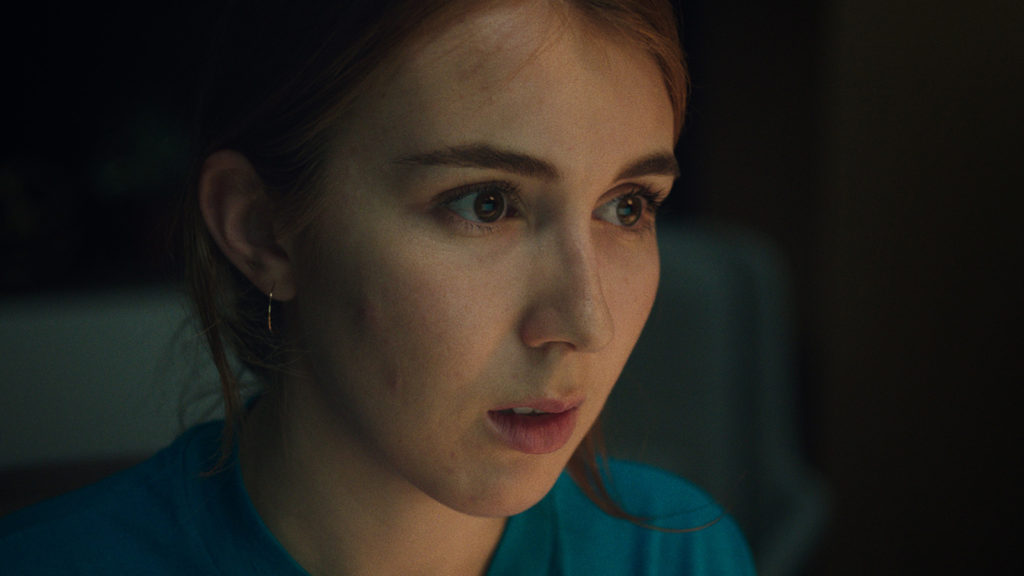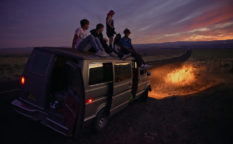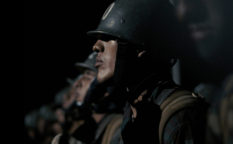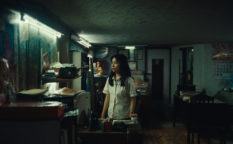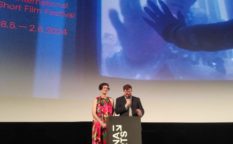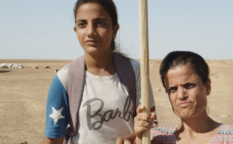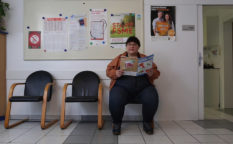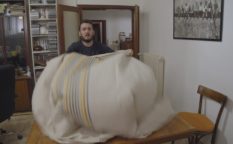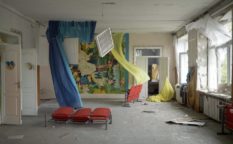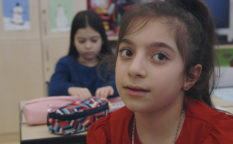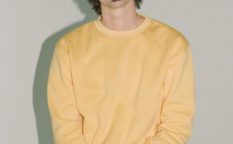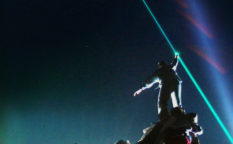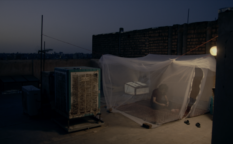NIFFF 2022: International Shorts Competition close-up
To start the text with a disclaimer: this programme overview would be faulty and incomplete in its scope due to technical difficulties with one of the screener links. I was not able to see Johan Tappert’s and Gustav Egerstedt’s The Last Marriage (2021), and maybe that is the missing link to round up the whole programme segment. Judging by the tagline (like in the Swiss batch, tagline descriptions are very good and therefore among the most interesting things connected to the movies), the choice of a still for the illustration and the IMDB plot description, this one might have been a proper “genre-genre” movie surrounded with the works that are usually close to certain genres, but never within their borders.
The rest of the films are two animated and three live-action shorts. One of the animated, Wet (2021), directed by the group of France-based animators could even be seen as borderline experimental, since it is more focused on the transformations of shapes than it is on telling a story. It actually works like a body-horror metaphor, told from a very particularly female point of view, and is definitely more to the “fantastic” than to the “realistic” side of the spectrum, so it could not be written off as a programming misfire, although, quality-, entertainment- and subject-wise it is not exactly an essential viewing.
The other animated short, a “Puppet sex comedy” Boom-Boom Bang-Bang (2021) nevertheless outstays its welcome a bit with the inflation of the bizarre, the absurd and the excessive in this marionette-based mix of a situational, sexual and even stoner comedy in all of it broadness. One should prepare for the anthropomorphic lazy penis, his faithful canine roommate, a horny humanoid neighbour, an anthropomorphic frog in nurse’s dress, two police hound dogs, one of whom is horny and scheming, while the other is plain stupid, and finally the poop-shaped female alien with eyes placed vertically and the vagina at the centre of her body. The film runs through various segments, each of which seems like an overly elaborated joke, piling up the oddities in process. For a time being, it is fun, due to the director’s counter-intuitive way of using cutesy marionettes for adapting the comic book drawn and written by the co-screewriter Anouk Ricard, but it tends to get a bit tiresome and one could argue that it would feel better in its original format.
On the other hand, the humour in the basic premise of Leo Berne’s and Raphaël Rodriguez’ Censor of Dreams does not get tiresome, since it does not take over the whole film because it is balanced with some genuine emotion. The idea is simple and original: let us imagine dreams as movies that need actors, crew and a production company of sorts behind them. The first half takes place within the company, in messy offices and on sets, while the second one is a lucid dream intersecting with the things happening on the set. The development of the idea and its execution is actually very smooth, thanks to Khalid Mohtaseb’s cinematography and Laure Saint-Marc’s precise editing that suit Berne’s and Rodriguez’ vision and sense of coding in the terms of separating the different layers of “reality” and the dream.
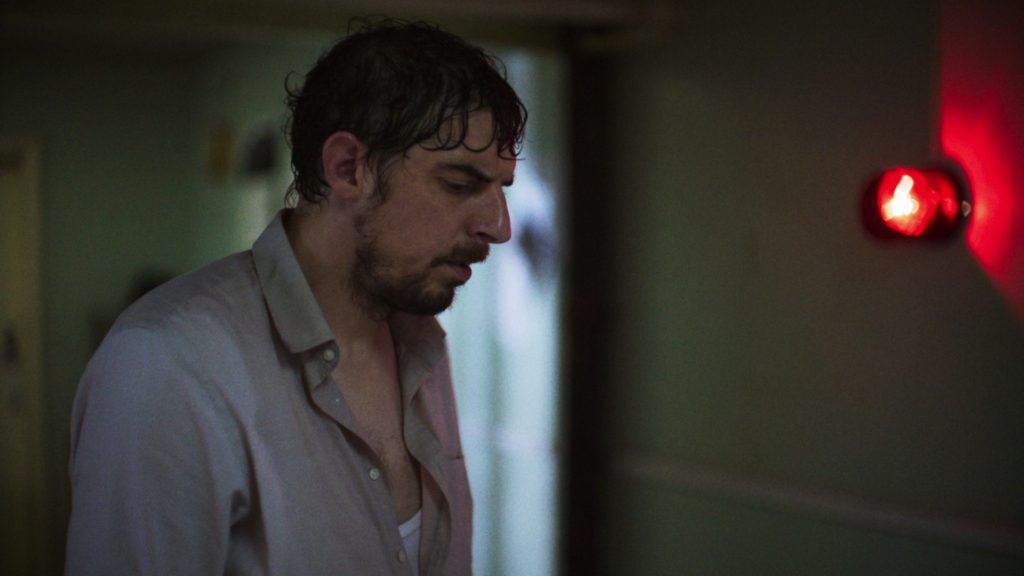
Coming with the strongest references (as a title coming from last year’s Cannes), In the Soil, directed by Casper Rudolf Emil Kjeldsen, feels like a vividly realistic nightmare with its dense and tense atmosphere painted in dark and drained colour scheme and filled with the unnerving score by Andreas Kildedal Westmark’s and Maar Falke Dollerup’s striking sound design. The plot revolves around the only two characters, the father and the daughter on a lonely farm, and their dynamics in which the father tries to get the daughter’s help for his presumably sinister plans, while she half-heartedly tries to resist the whole thing. All in all, In the Soil is a slickly executed movie that deliberately feels a little vague, which makes it a better fit for arthouse festivals, than for fantastic ones.
The highlight of the segment and also its most realistic entry is Joanny Causse’s American-French co-production Rachels Don’t Run, entirely set in a home office belonging to a young telephone operator called Leah. She works for Iris, a company specialized in catering to both (male) clients’ emotional needs and their need for companionship. Adopting the role of Rachel, and conducting a conversation with the client named Isaac, Leah decides to go off the script… Although the premise of “rent-a-phone-friend” might seem a bit outlandish, it is also quite imaginable, especially in the situation of the last couple of years in the terms of socializing, and it strikes the cord in a powerful manner. The execution of this emotional drama is excellent, from the script by Causse and Steph Kwiatkowski (Best Screenplay at Fantasia), to Sera Barbieri’s layered and versatile acting and Causse’s firm directing in order to create a lonely, anxious atmosphere in a confined setting. Rachels Don’t Run is a deeply sincere and simply brilliant film, that has already bagged an impressive number of awards including the Grand Jury Award for The Best Short at SIFF.
